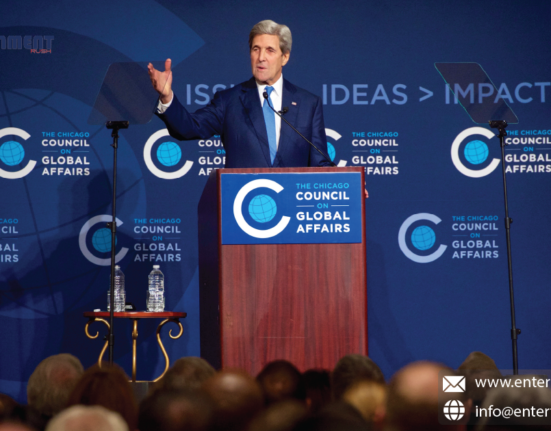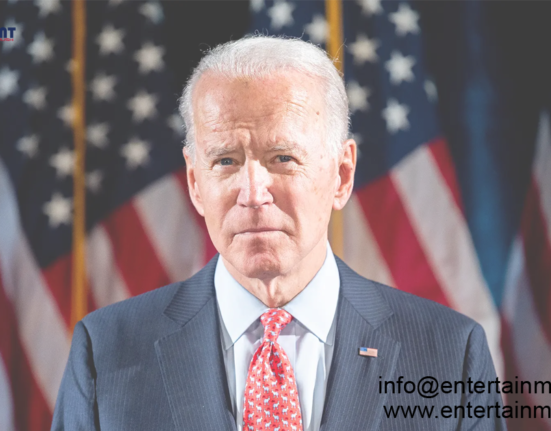In today’s interconnected world, US foreign policy stands at the crossroads of global diplomacy, economic interdependence, and strategic alliances. As a leading global power, the United States plays a pivotal role in shaping international relations and addressing pressing global challenges.
Diplomatic Strategy and International Relations: At the heart of US foreign policy is a nuanced approach to diplomacy that balances strategic interests with diplomatic engagement. From multilateral forums like the United Nations to bilateral relations with key allies and emerging powers, American diplomats navigate a complex web of international relations aimed at promoting stability, security, and economic prosperity. Diplomatic efforts often focus on conflict resolution, humanitarian aid, and promoting democratic governance globally, reflecting core American values of freedom and human rights.
Security and Defense: Security remains a cornerstone of US foreign policy, with a focus on maintaining military alliances and strategic partnerships worldwide. Military engagements, such as counterterrorism operations and peacekeeping missions, underscore America’s commitment to global security. Additionally, defense cooperation agreements with allies ensure collective defense against emerging threats, including cyber warfare, nuclear proliferation, and transnational crime, reinforcing America’s role as a guarantor of global stability.
Economic Diplomacy and Trade Relations: Economic interests shape US foreign policy through robust trade agreements, investment partnerships, and economic aid programs. The promotion of free trade principles, market access for American businesses, and economic development assistance to developing nations foster global economic growth and stability. Bilateral trade negotiations and participation in international economic organizations like the World Trade Organization (WTO) reflect ongoing efforts to shape global economic policies that benefit American industries and workers.
Climate Change and Global Sustainability: Addressing climate change and promoting environmental sustainability are increasingly integral to US foreign policy. Through international agreements like the Paris Climate Accord and partnerships with other nations, the United States seeks to mitigate greenhouse gas emissions, promote renewable energy sources, and build resilience to climate-related challenges globally. Environmental diplomacy underscores America’s commitment to global cooperation on shared environmental goals, recognizing the interconnected nature of environmental health and global security.
Humanitarian Aid and Global Development: Humanitarian assistance and development aid are pivotal components of US foreign policy, aimed at alleviating poverty, promoting health and education, and fostering sustainable development worldwide. From emergency relief efforts in conflict zones to long-term development projects in developing countries, American aid initiatives demonstrate solidarity with global communities facing humanitarian crises and contribute to building resilient societies capable of economic self-sufficiency.
Challenges and Opportunities: Despite its global influence, US foreign policy faces challenges ranging from geopolitical rivalries and regional conflicts to skepticism about American leadership in an increasingly multipolar world. Managing strategic competition with rising powers, navigating geopolitical hotspots, and balancing domestic priorities with international commitments require agile diplomacy and strategic foresight. However, opportunities abound for diplomatic breakthroughs, technological collaboration, and international cooperation in addressing shared global challenges.
In conclusion, a global perspective on US foreign policy reveals a nation engaged in shaping a peaceful, prosperous, and interconnected world. Through diplomacy, defense cooperation, economic engagement, and commitment to global sustainability and humanitarian values, the United States continues to play a pivotal role in advancing international peace and security while promoting democratic governance and economic opportunity worldwide. As global dynamics evolve, American leadership remains crucial in navigating complexities and forging partnerships that uphold shared values and aspirations for a better future.









Leave feedback about this